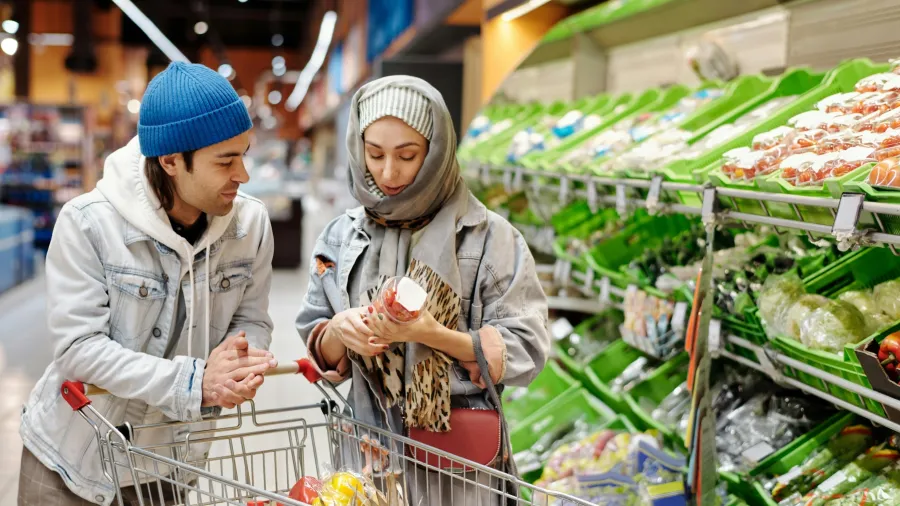
Indonesia to implement nutrition grading system
It is expected to be finalised by the end of 2024.
Indonesia is set to launch a new nutrition grading system, Nutri-Level, to provide consumers with clearer nutritional information on food and beverages, GlobalData reported.
A recent survey found that 84% of Indonesian consumers are influenced by easy access to ingredient and nutrition information, often via QR codes on packaging.
The Nutri-Level system will help consumers make informed choices by grading products based on their sugar, fat, sodium, and energy content.
Mani Bhushan Shukla, a consumer analyst at GlobalData, said that such nutrition labeling systems serve to classify food and beverages based on their sugar, fat, sodium, and energy levels, thereby promoting healthier eating habits.
He said that standardised grading systems, featuring clear colors and symbols, enhance consumer comprehension far beyond the often complex ingredient lists found on packaging.
“As these gradings/rankings are defined, they are more straightforward than the myriad of health and natural claims that food manufacturers often use,” added Shukla. “Some of these claims can be deceptive; for instance, a product labeled as ‘no-added sugar’ may still contain ingredients high in natural sugars like fructose.”
Deepak Nautiyal, consumer and retail commercial director for Asia-Pacific and the Middle East at GlobalData, also highlighted the urgent need for the Nutri-Level system, noting high rates of diet-related diseases in Indonesia, including diabetes (10.9% prevalence) and hypertension (34.1%).
The new labeling system is expected to be finalised by the end of 2024.
However, Nautiyal warned of potential resistance from large manufacturers, as many existing products are high in sugar and saturated fats, which could result in negative ratings.
He stressed that collaboration between the government and the industry will be essential to address these concerns.
Public education will also be crucial for the successful implementation of Nutri-Level, ensuring consumers understand and can utilize the information to make healthier choices.
“The successful implementation of Nutri-Level relies heavily on collaboration among the government, industry, and community,” said Nautiyal. “The government has a role in providing effective regulations and education, the industry must adapt and innovate accordingly, and the community needs to accept and utilise the system to create a substantial positive effect on public health.”
Whilst similar systems are in place in Singapore, Malaysia, and Thailand, the Philippines has opted for a voluntary approach, he noted.
Authorities in Indonesia are working to standardise regulations to improve clarity and efficiency across the region, which could benefit manufacturers and consumers alike, Shukla said.
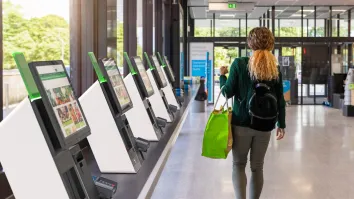
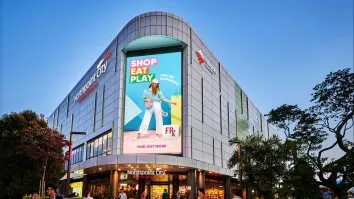

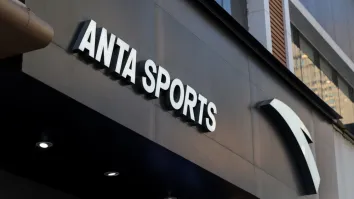




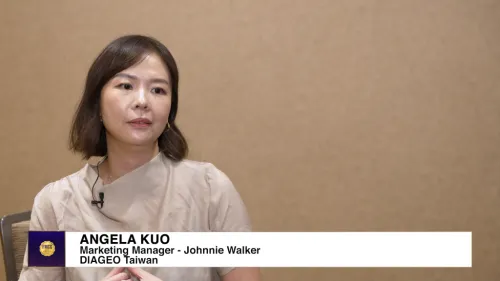

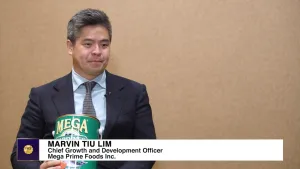
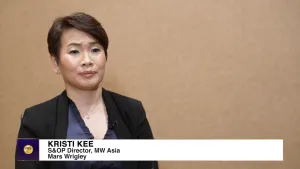


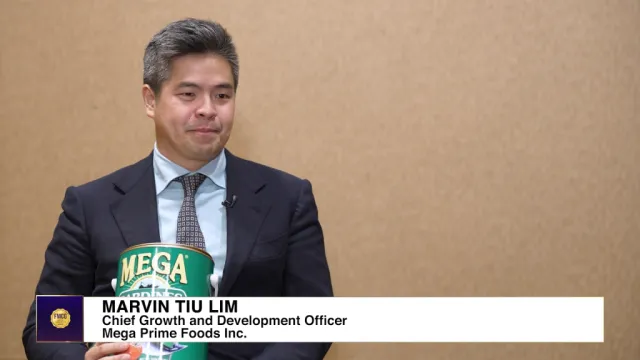
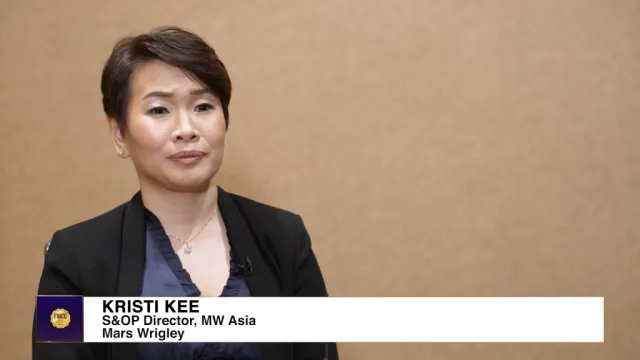

 Advertise
Advertise








